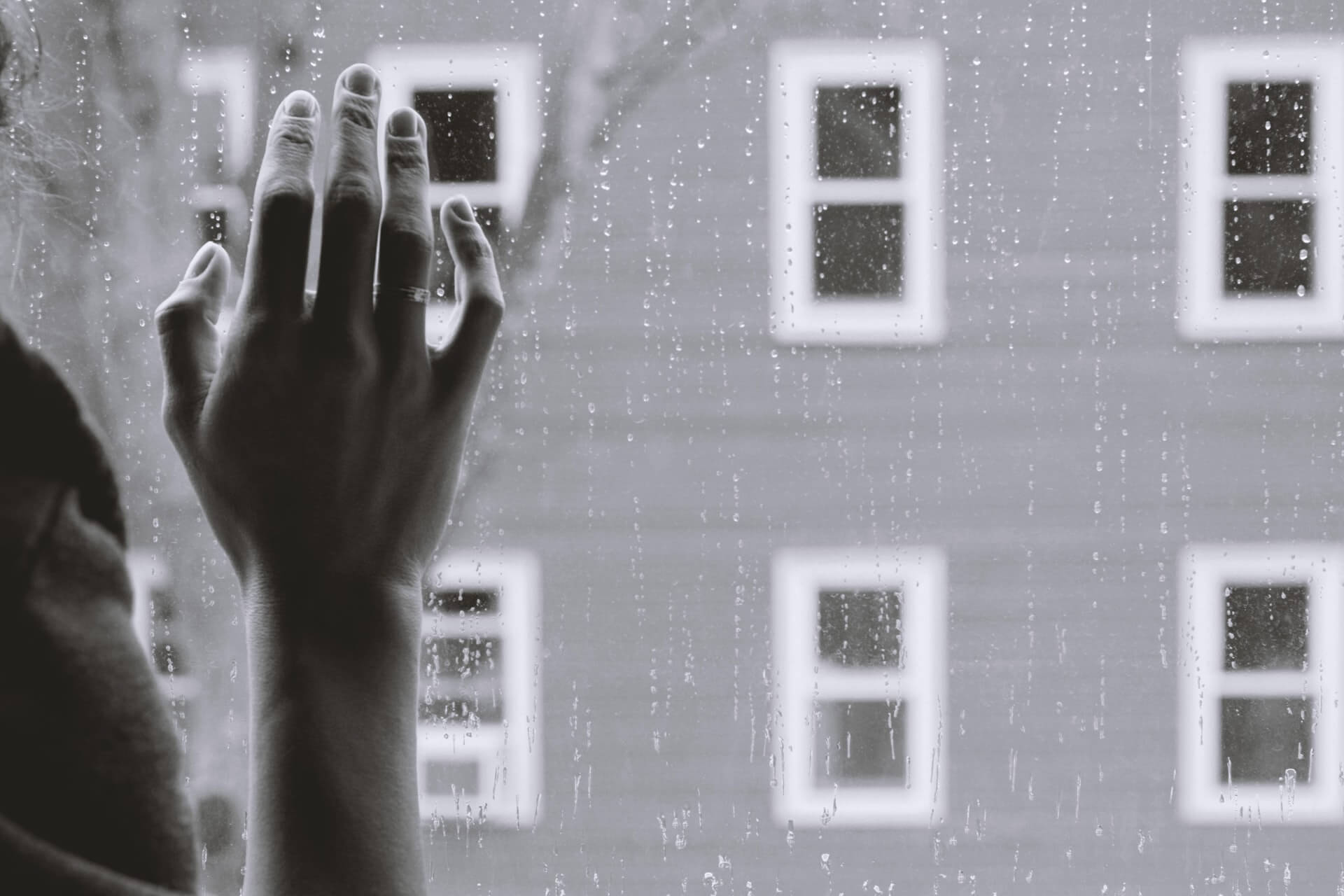Staring at the test in your hand, you patiently await the results. The word “pregnant” reads across the tiny screen and you are experiencing what feels like a million different emotions at once. This was the answer you were waiting for. At this moment, your identity shifts. You’re no longer just yourself, you are also now a mother.
In the coming weeks, you plan, prepare, and celebrate this new life-to-be. When it feels like there is nothing in this world that could crush your happiness, you receive news that is punch to the gut. When you are informed that you’ve miscarried, your heart sinks and your stomach is in knots. How? Why? What happened? Your thoughts race and you feel as though you have completely lost control. Why me?
Because the first-hand experience of pregnancy loss is endured by only the mother of the child, it can feel very lonely. While the father of the child is also impacted, the mother is the one whose body physically changes to grow the baby. It can feel as if there is no one else in this world that can understand the emotional and physical pain that you’ve suffered. Pregnancy loss is more painful than you thought. Here’s why:
Loss of a New Identity

Once you learn you’re pregnant, your identify may shift from “woman” to “mother.” You may share this happy news with your partner or other loved ones. For many women, they have been waiting to hear this exciting news. You may begin to think about how your life will be changing during these next few months. Decorating a room for the new baby, celebrating with friends and family, and scheduling doctor’s appointments to ensure the best care possible.
When you’ve received news that the baby did not make it, it’s heart-shattering. No mother, or partner, is prepared to hear that news. Especially if this is a child you have been waiting so long to conceive and meet. The preparation, the planning, the changes that were happening, all come crashing down. This is a disorienting feeling, one that seems so unreal in those very moments.
The Physical Changes
Depending on how far along you were, there are physical changes that you may experience. If you were further into the pregnancy when you miscarried, you may still lactate. As if the pregnancy loss wasn’t painful enough, lactation adds insult to injury. Your body may also release the hormone, oxytocin, which is intended to increase the maternal bond with a child. However, after a pregnancy loss this can increase your emotional heartache. For a period of time following the loss, you may still appear to be pregnant. Knowing that you are no longer carrying the child, but visibly appearing so, can cause distress. People who do not know that you’ve miscarried may make comments asking about your pregnancy. Physically seeing your “baby bump” without your baby is heart-wrenching.
The Emotional Impact
Enduring the loss of pregnancy can commonly result in feelings of sadness, anxiety, anger, guilt, and shock. It is not uncommon for women who’ve experienced pregnancy loss to feel anger. The angry feelings may stem from not knowing why the pregnancy ended or why it had to happen to you. Unfortunately, this anger can spill over into your relationships with loved ones, causing those supports to move away from you. In addition, you may experience feelings of guilt, and questioning if the loss was your fault. The thought of becoming pregnant and experiencing a loss again can be anxiety-inducing. These are all distressing emotions that cause additional heartache and worry.
Changes in Behavior
After experiencing the loss of your pregnancy, you may feel restless. You may have racing thoughts that feel like your mind just won’t settle down. Additionally, it can be hard to fall asleep and stay asleep throughout the night. Of course, after feeling exhausted, spending time with friends and loved ones doesn’t feel like a priority. This can lead to social withdrawal which actually complicates your healing process. When you don’t have a support system, it can be difficult to overcome the feelings of grief and loss.
In our society, it is common to overlook miscarriages as a real, and valid death. However, the loss of a pregnancy has a very real and complex impact on the woman. If you have endured this form of loss, your feelings are real. Take the time, as much as you need, to heal. If you feel as though you cannot find relief from the pain, a therapist can help guide you back to feeling hopeful and brave again.
Interested in Grief Counseling?
Contact us for a free video consultation.
Connect Now





7 thoughts on “4 Reasons Why Pregnancy Loss is More Painful Than You Thought”
Comments are closed.